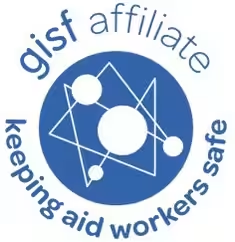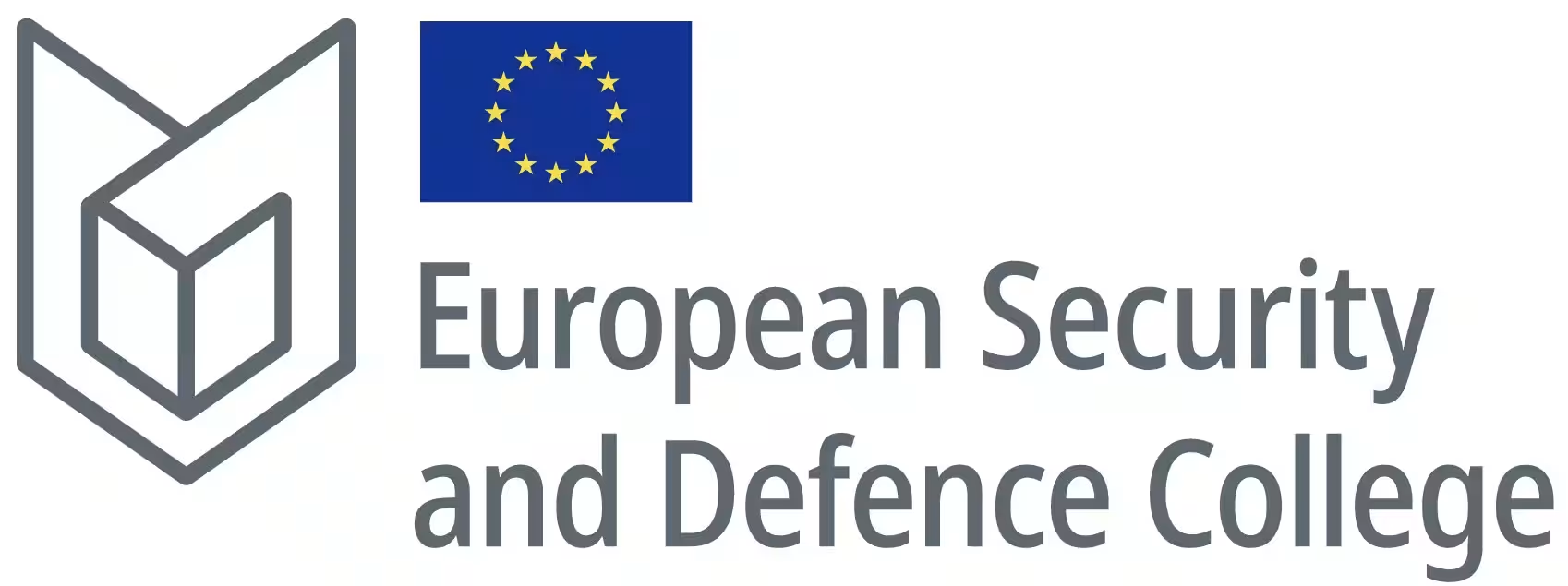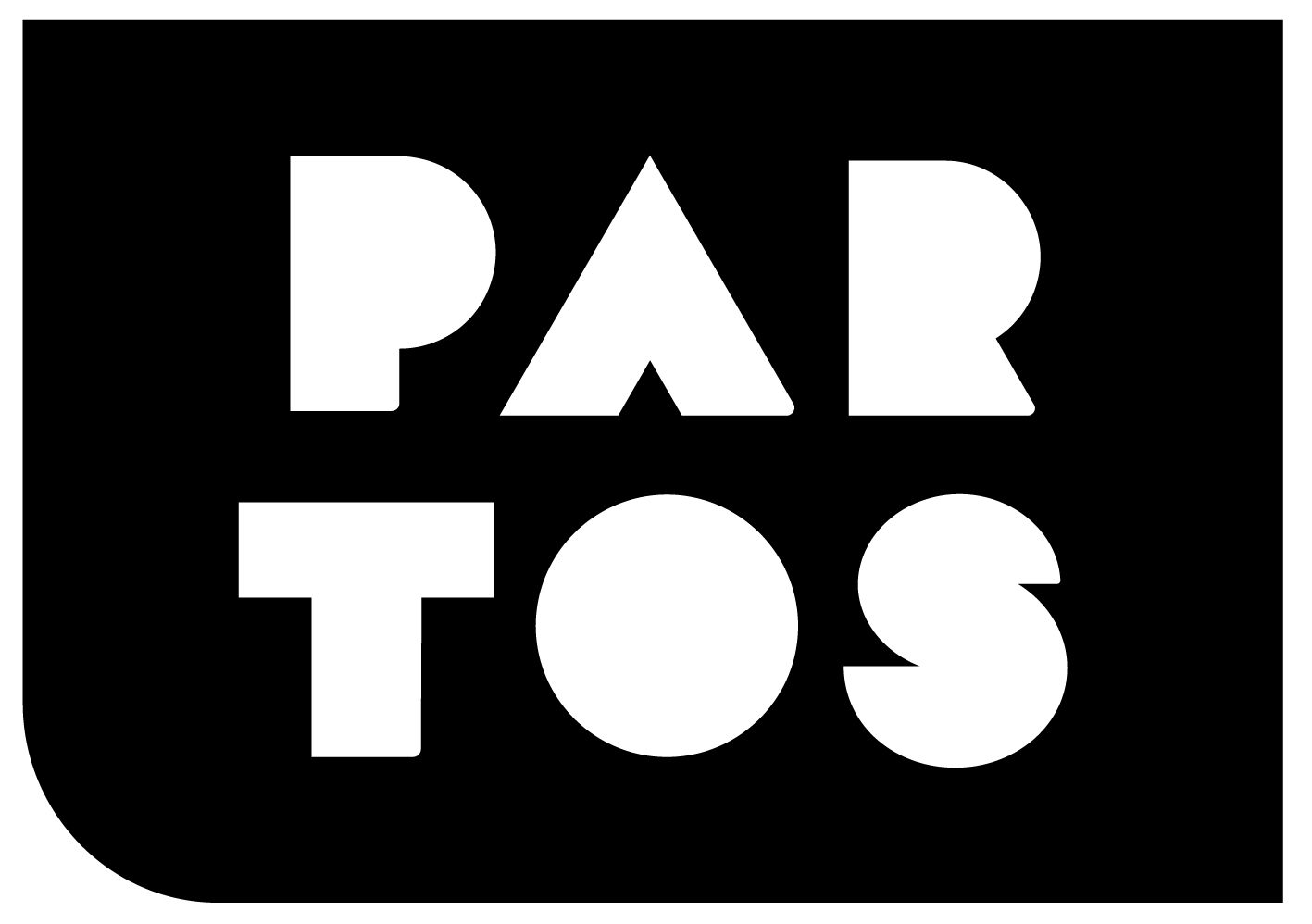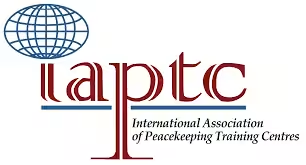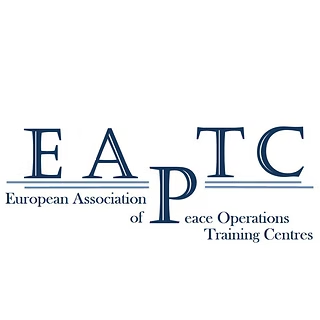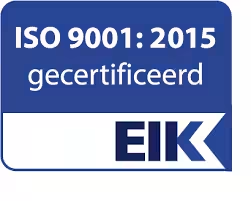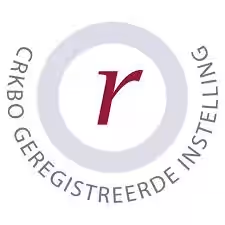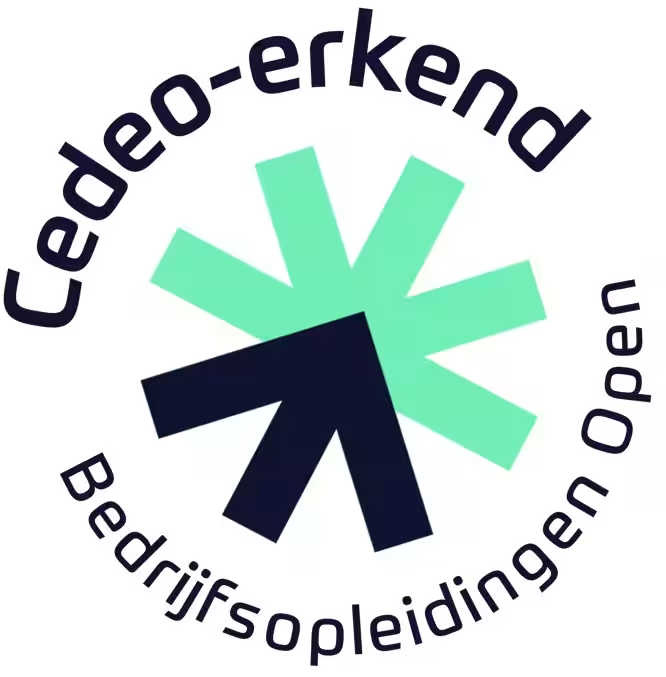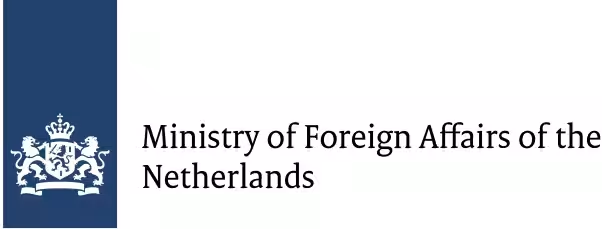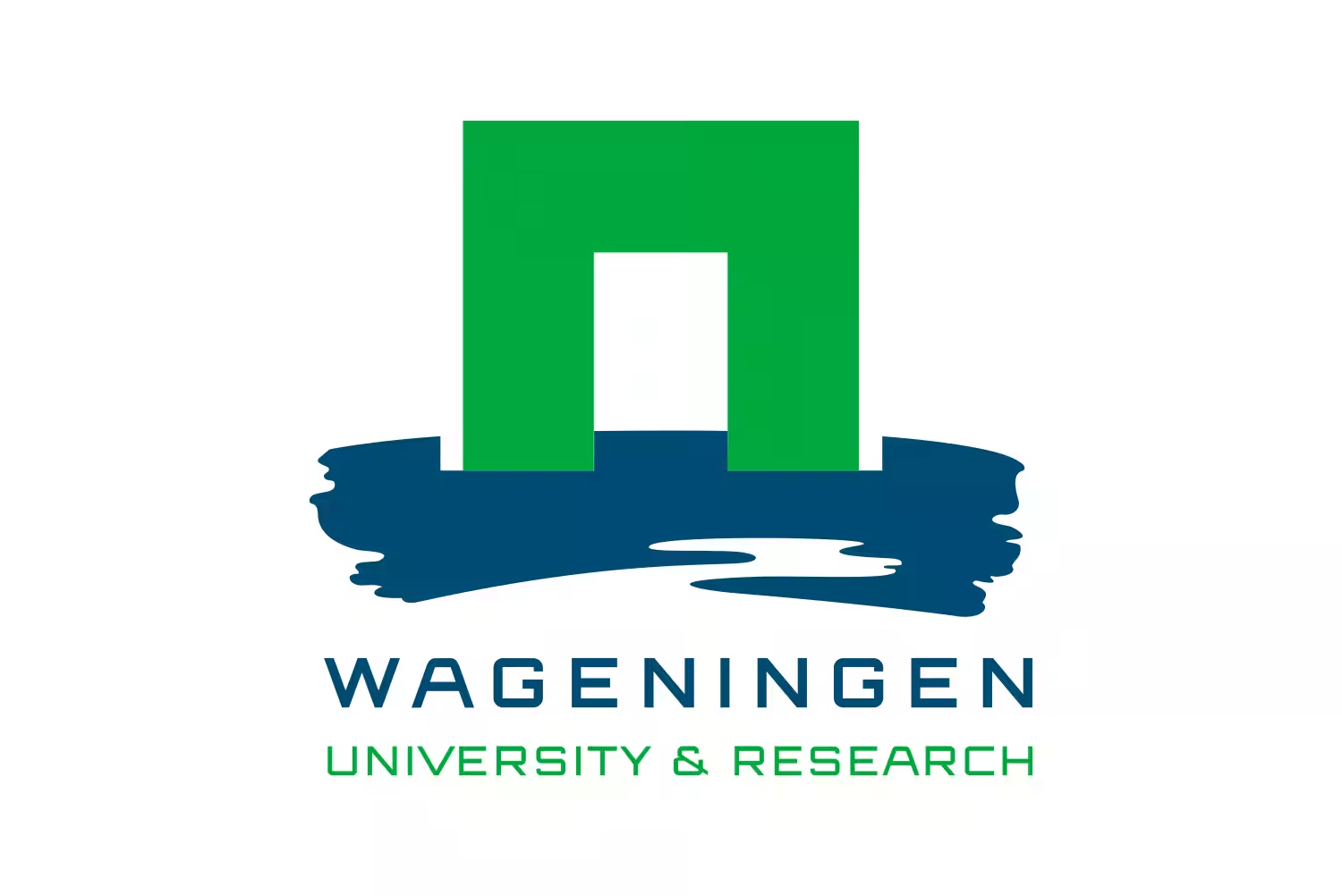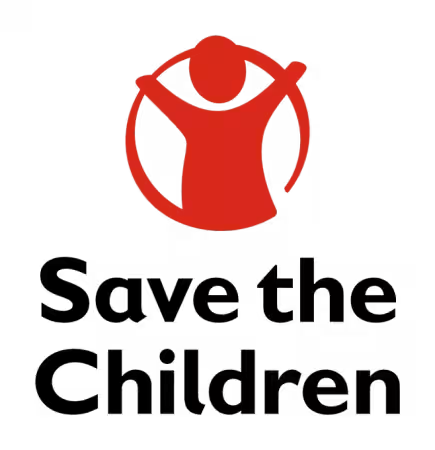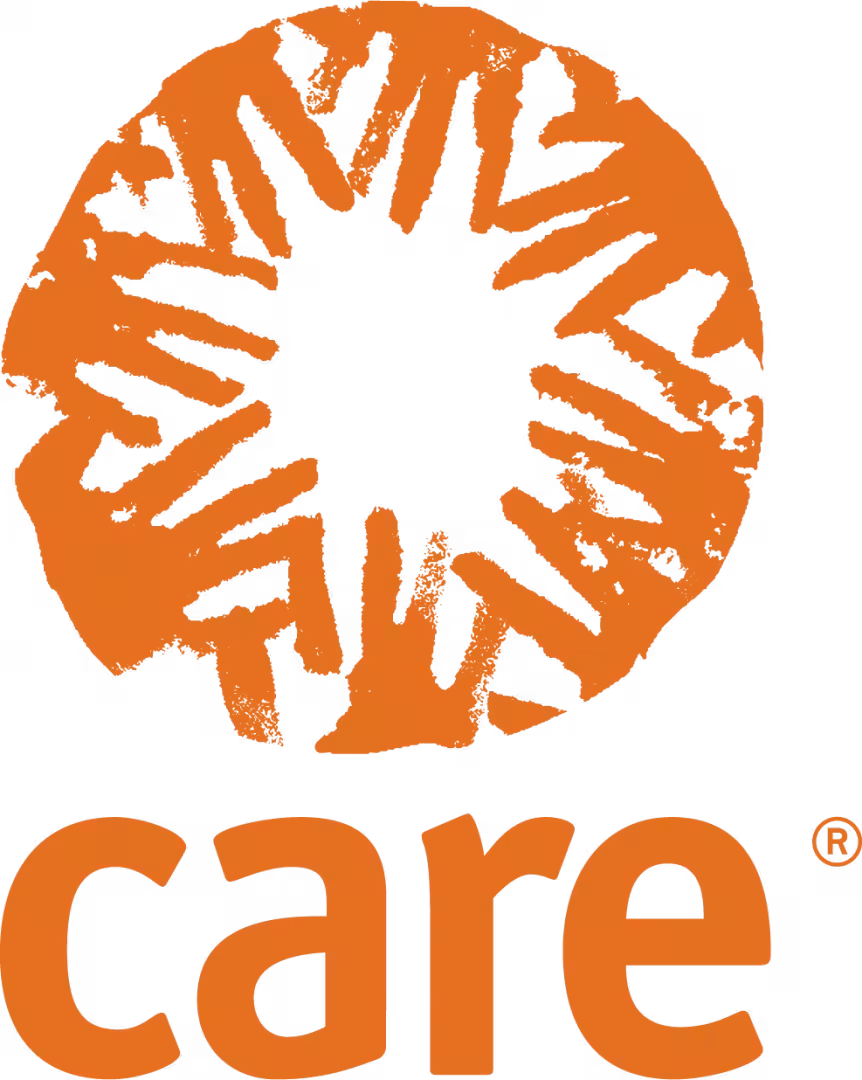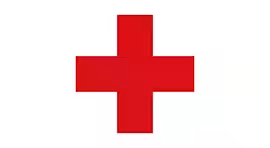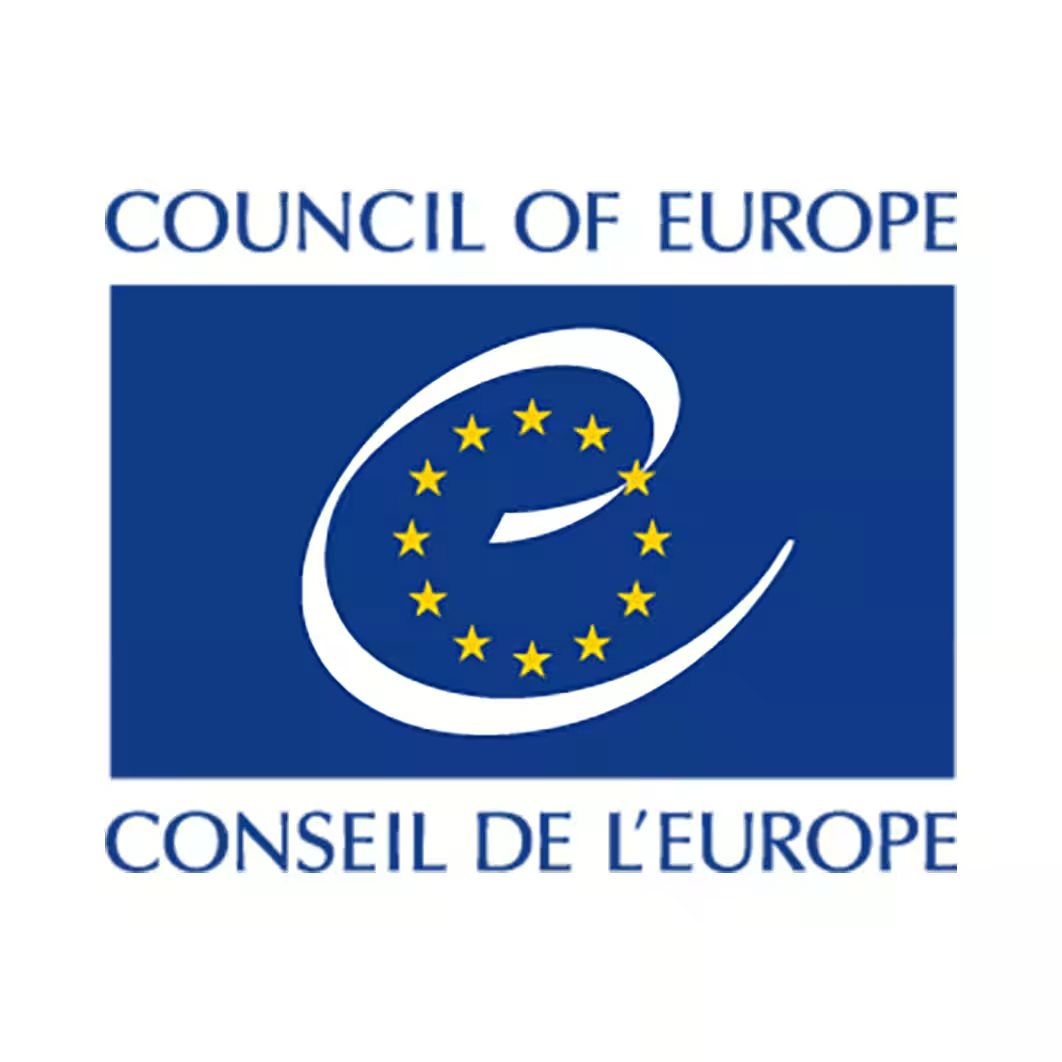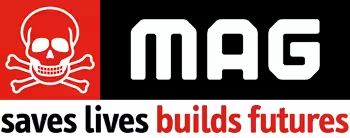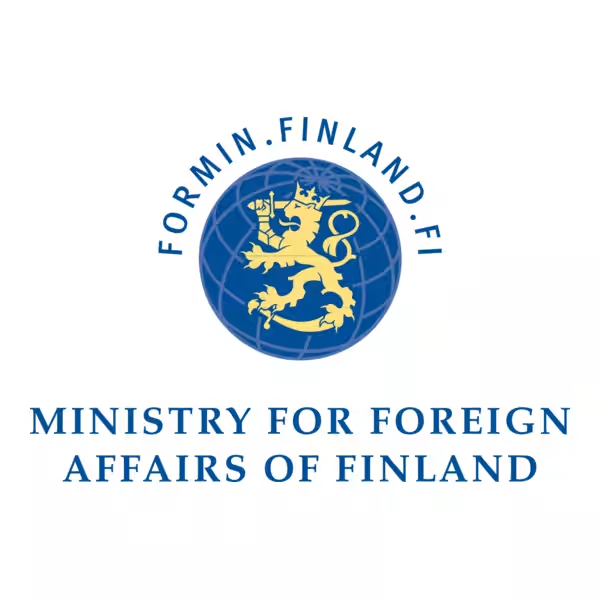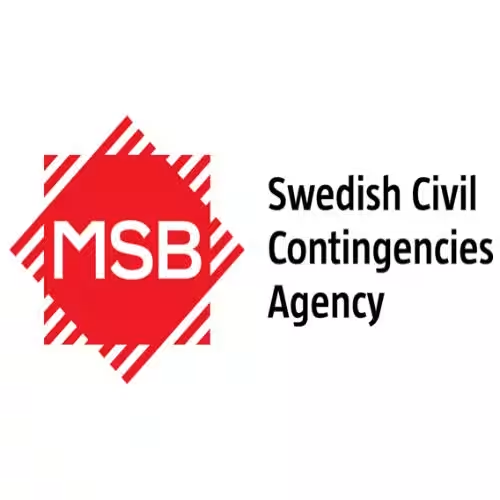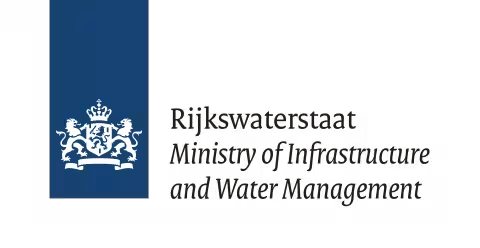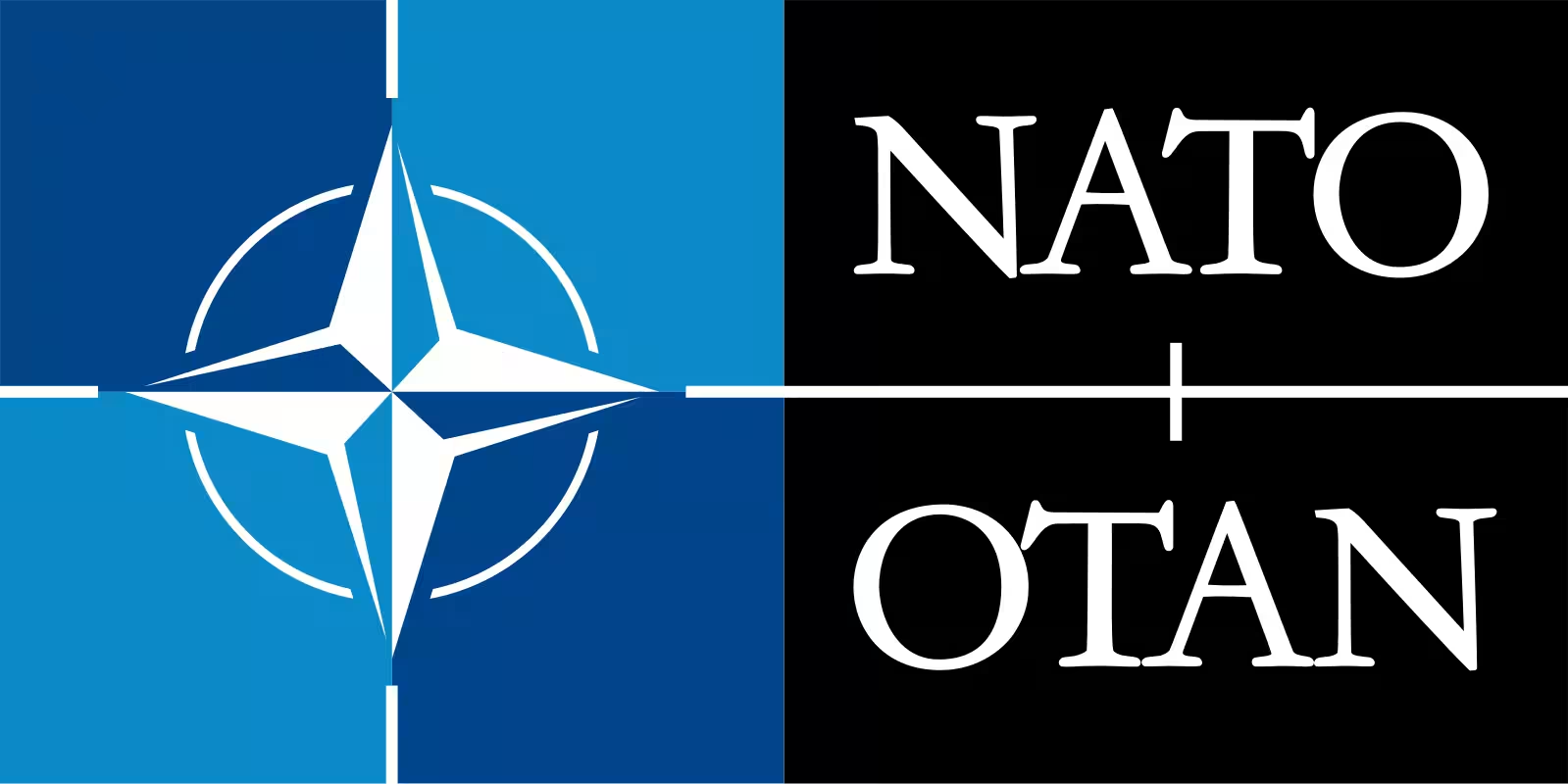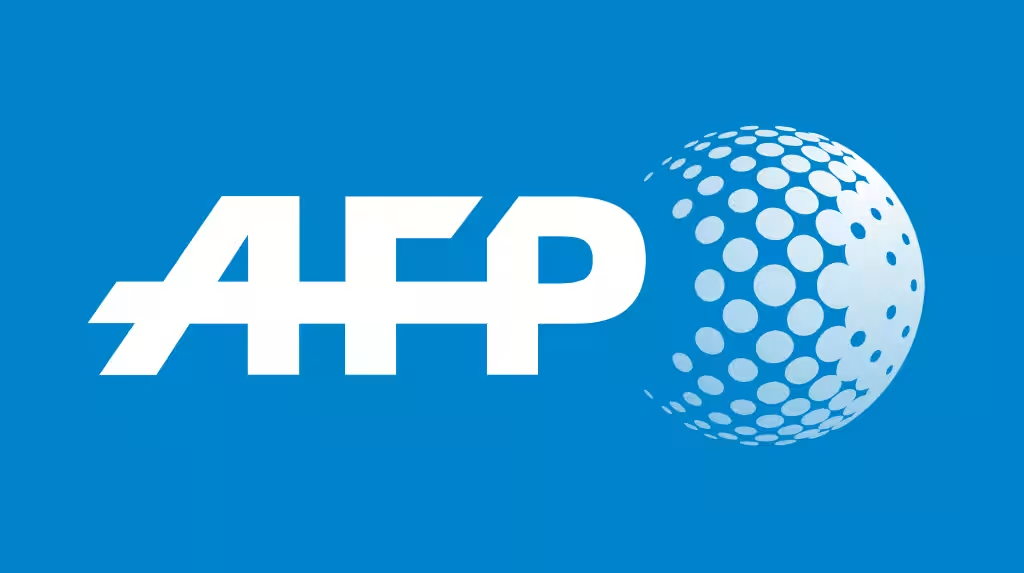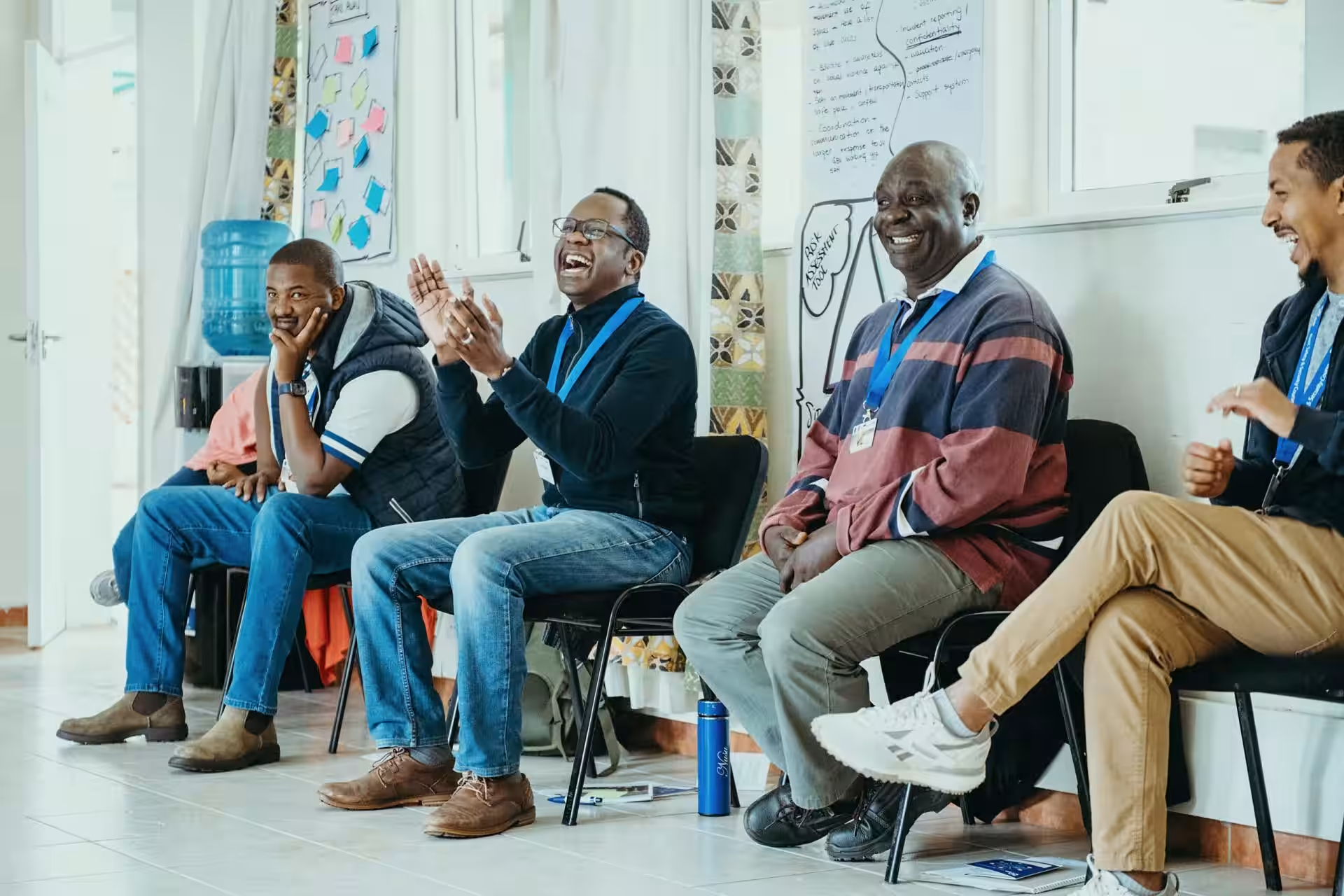
I’ve travelled through Chad in a new Toyota Landcruiser for about three weeks with my driver Youssouf. We were on our way to the airport on the final day of the trip as I’m about to fly home.
My wife is waiting for me because we are supposed to move from Amsterdam to Castricum the following day. We had left at 6 a.m. It was about 1 p.m., we still had to drive for another 3 to 4 hours, when a small pick-up truck passed us.
All of a sudden there were guns, one of which was huge. At first, I didn’t even realize what was happening, I thought the people inside the truck needed our help. Youssouf immediately knew what was going on. We were dragged out of our car and were forced to the side of the road.
It dawned on me; we were being robbed. There was a lot of violence and chaos. I was beaten and I lost my glasses and a shoe. As far as I could tell, there were six robbers.
“This was the moment I needed to fall back on what I had learned and to control my thoughts again.”
Then we were forced into the back seat of the car. They tied my hands to a roll bar above my head. Two of the robbers got in the car with us; one as the driver and the other one continuously held us at gunpoint with his AK-47. When I saw them loading two jerrycans of diesel into the car, I knew it would give them a range of about 800 kilometers. At that moment, I realized that their destination could well be the borderland between Chad and Sudan. This will definitely not be over soon and I won’t be home tomorrow.
I instantly started to panic; what about our move? My wife will have to take care of everything by herself. This fear was getting the best of me.
This was the moment I needed to fall back on what I had learned and to control my thoughts again. I had to try to stay clear and focus on the situation at hand; I needed to survive.
All the while, I was still tied to the car. My first step is to work on my relation with the robbers. It’s quite strange, but it is giving me something to do in my head; I need to concentrate. Should I be looking at them, or not? What else can I do? I can speak a little Arabic so I’m able to figure out what the robbers are talking about. I need to control my breathing, my posture, and my thoughts.
These are all things I had learned at the Dealing with Aggression (DWA) training course from CSD; you can actively try to keep your body and mind under control. content.
“I am probably a potential threat.”
The robbers were two short little men. I began to imagine how I would look like in their eyes. I am a bold man of six foot three. In their perspective, I am probably a potential threat. Even though I know I am not a fighter, I have to make sure that my appearance doesn’t pose a threat to them.
We had now been driving for approximately four hours, and had stopped three times in the meantime. During the various stops, we were forced to, for example, disable the radio, and we had to clean the car because they had spilled a lot of diesel.
“I strongly believe in the courses CSD is offering.”
When we were travelling through the bush, we ran into some local farmers. These encounters caused great anxiety, but, at the same time, were opportunities for me to gain trust and build on my relationship with the robbers. The thing I had learned at the CSD training course was to act as normally as I could and to make sure I would not become a liability to them.
After these four hours, the car stopped again. We were forced out and had to sit on our knees with our hands behind our head. One of the robbers was continuously pacing behind our backs, carrying his gun. When he came round the side, I could see him again. I felt my entire body tensing up really fast, and the same went for my driver. And yet, much to my own surprise, I remained very calm. I was not afraid anymore, I was just realizing how strange and banal situations like these could apparently end, because suddenly we were released.
Apparently, the robbers had decided that we were no longer a threat, they were only interested in our car. It never became clear to me why they abducted us. It had probably had something to do with safety and tracking. Upon our release, the robbers pointed us the way to the nearest village and even gave us some change for bus tickets before taking of in our car. Youssouf and I started to run as fast as we could to get away from the location, just in case they would change their minds.
We finally reached a small village where we contacted our organization MSF. The next day, we were picked up by a police unit which brought us to safety , and we were able to return home safely.
Wouter Kok
Médecins Sans Frontières (MSF)

